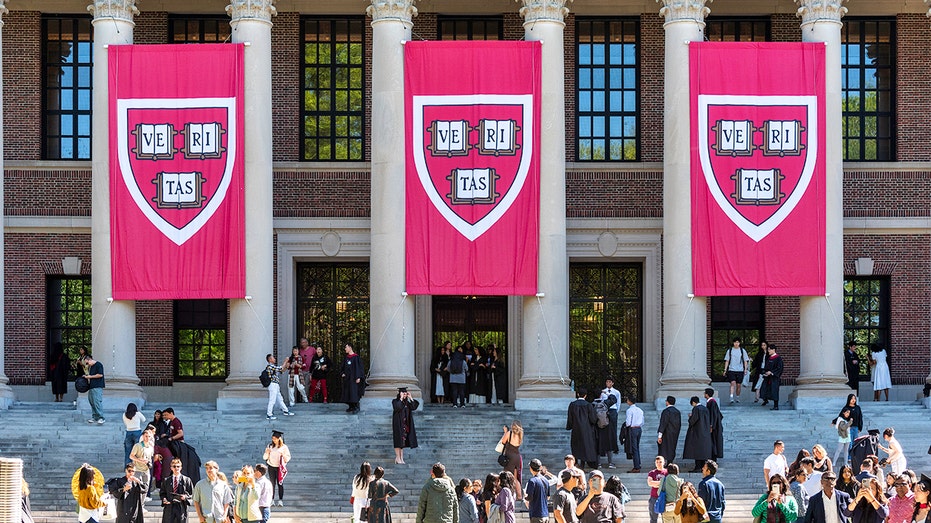A wave of distress is sweeping through Harvard University after a startling internal report revealed a fundamental problem: the school believes it’s become too easy to get an A. The document, released by the Office of Undergraduate Education, alleges a systemic failure in grading practices, sparking outrage and anxiety among the student body.
The numbers are stark. Today, a full 60% of undergraduate grades awarded are A’s – a dramatic leap from the 25% recorded just two decades ago. Dean of Undergraduate Education Amanda Claybaugh’s 25-page report argues this inflation isn’t a sign of increased student excellence, but a damaging erosion of academic standards.
The report’s conclusion hit students hard, triggering a profound sense of disillusionment. One student described a day consumed by tears, skipping classes and collapsing in bed, feeling her relentless efforts were rendered meaningless by the prevalence of top marks.
The fear isn’t simply about receiving slightly lower grades. Students express deep concern about the potential impact on their mental health, questioning the sacrifices made to gain admission to Harvard if the academic environment becomes even more relentlessly competitive. For some, the dream of intellectual fulfillment is giving way to a nightmare of constant pressure.
Beyond individual grades, students worry about the broader consequences for the Harvard experience. The university’s long-held emphasis on a well-rounded education – fostering involvement in extracurriculars alongside academics – is perceived to be under threat. Stricter grading, they fear, will force a narrowing of focus, prioritizing coursework at the expense of other vital pursuits.
Athletes voiced particular concerns, arguing that the demands of their sports already require immense dedication and time management. They believe a shift towards harsher grading fails to acknowledge the holistic commitment required of student-athletes, effectively penalizing those who balance rigorous academics with demanding athletic schedules.
A sense of crisis permeates the campus. One student bluntly stated the situation reveals a deeper issue – a pervasive anxiety surrounding GPA and a relentless pursuit of perfection. This, they argue, points to a fundamental problem with the culture itself, not just the grading system.
In response, a faculty committee has been formed, tasked with the daunting challenge of “restoring the integrity of our grading.” Proposals under consideration include introducing the A+ grade to recognize exceptional achievement and publicly displaying the median grade for each course on student transcripts.
The debate is far from settled, and the future of grading at Harvard remains uncertain. But one thing is clear: the report has ignited a crucial conversation about academic standards, student well-being, and the very essence of what it means to be a Harvard student.






